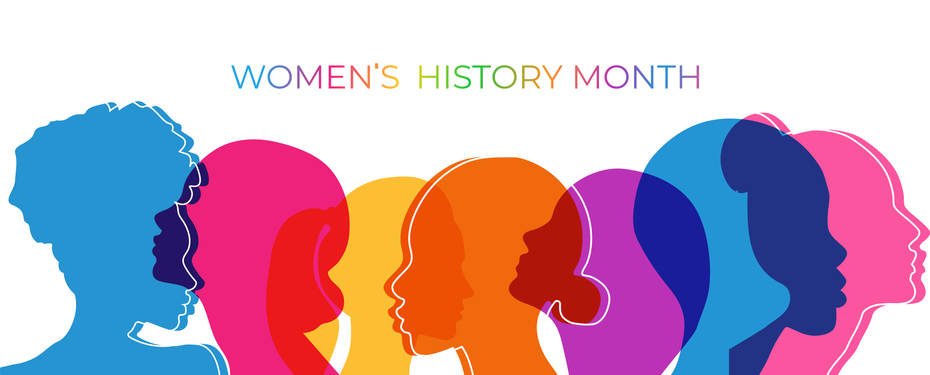As Women’s History Month draws to a close, it’s a wonderful opportunity to reflect on the extraordinary contributions women have made not only to our country’s history, but also globally. Since its official recognition in 1980, March has been dedicated to honoring these significant achievements. This year, we’ve witnessed substantial advancements that underscore the importance of inclusivity and health equity in our ongoing dialogues about diversity, equity, and inclusion (DEI).
This month has brought to light several important developments. Notably, the President has signed an executive order that places women’s health research at the forefront of federal priorities. We owe our thanks to Maria Shriver for initiating the Women’s Health Research movement and to Dr. Jill Biden for her staunch advocacy. You can watch Maria’s speech here. The next step involves Congress approving a substantial $12 billion funding for vital research, marking a significant step forward.
The President’s focus on women’s health research brings an important dimension to DEI discussions: health equity. This move shows how workplace inclusion also means paying attention to health disparities. It’s essential for DEI policies to not only create opportunities and a positive culture but also to support the overall well-being of employees. By promoting equitable health resources, organizations strengthen their commitment to a truly inclusive workplace where everyone has the support they need to succeed.
Discussions during a recent business owners’ workshop highlighted a significant challenge: the gap between the rapid hiring under the banner of DEI and the actual fulfillment of the promises made to these new hires. The effectiveness of the DEI movement was brought into question. It was highlighted that while companies were quick to hire, new hires did not feel the emphasis on DEI was integrated into the company culture. This raises an important conversation about the necessity for companies to not only commit to but also follow through with creating inclusive and equitable workplaces.
Another business owner shared a poignant account of her own experience in the corporate world. A former Intel professional, she left to start her own business after 18 years without advancement or job satisfaction inquiries, highlighting the need for recognition and career development in the workplace. These stories show the crucial need for systemic changes that ensure all employees feel valued and have equitable opportunities for growth.
Reflecting on our nation’s progress, it’s clear that while we’ve made strides, there’s much more work to be done. Each of us has a role to play in fostering a more inclusive environment, whether by making new employees feel welcome to upholding the promises made during the hiring process and beyond.
As individuals, supporting DEI in our daily interactions involves active listening, continuous learning, and advocating for inclusive practices. By taking small, meaningful, consistent actions, we contribute to a more inclusive and equitable community for all.


